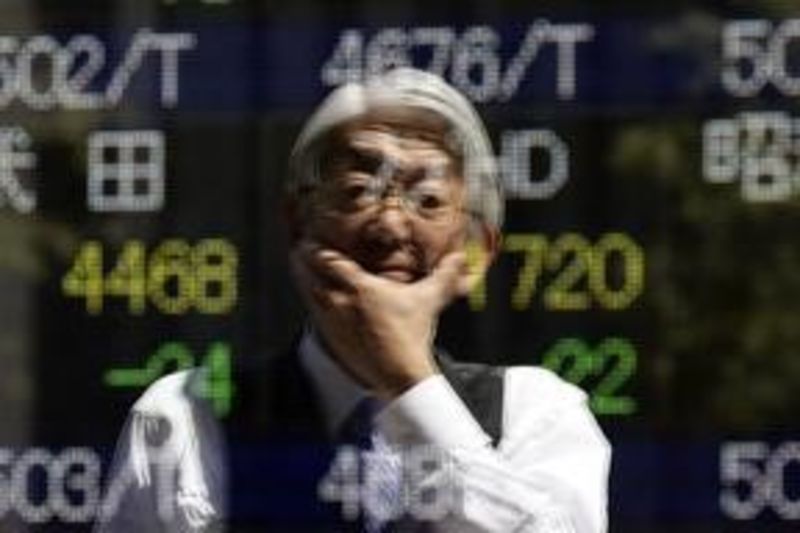Street Calls of the Week
Investing.com - Asian markets dipped in morning trade on Thursday after U.S. stocks ended lower after a volatile session. The Treasury Department said in its semi-annual currency report that China did not meet the criteria to be named a currency manipulator.
Overnight, the Dow Jones Industrial Average slipped by 91.74 points, while the S&P 500 and Nasdaq Composite also closed slightly lower.
The Treasury Department refused to label China or any other trading partner of the U.S. as currency manipulators, but added that Beijing and some other countries including Germany, Japan and India have been put on a watch list.
"The Treasury Department is working vigorously to ensure that our trading partners dismantle unfair barriers that stand in the way of free, fair, and reciprocal trade. Of particular concern are China's lack of currency transparency and the recent weakness in its currency. These pose major challenges to achieving fairer and more balanced trade, and we will continue to monitor and review China's currency practices, including through discussions with the People's Bank of China," said U.S. Treasury Secretary Steven Mnuchin.
Meanwhile, a summary of the latest FOMC session suggested that the Fed is likely to gradually raise rates to preserve a steady economy.
In Asia, China’s Shanghai Composite and the Shenzhen Component fell 1.7% and 1.3% respectively by 9:58PM ET (01:58 GMT). Hong Kong’s Hang Seng Index was little changed at 25,467.5.
Data released by the Treasury Department revealed China’s holding of U.S. bonds and notes stood at $1.165 trillion in August, down from $1.171 in July.
Japan’s Nikkei 225 slipped 0.5% after the Ministry of Finance reported that the country’s export fell 1.2% in September from a year earlier, compared with a 1.9% gain expected by analysts and a 6.6% gain in August.
Elsewhere, South Korea’s KOSPI traded 0.5% lower.
Down under, Australia’s ASX 200 slipped 0.2%.
